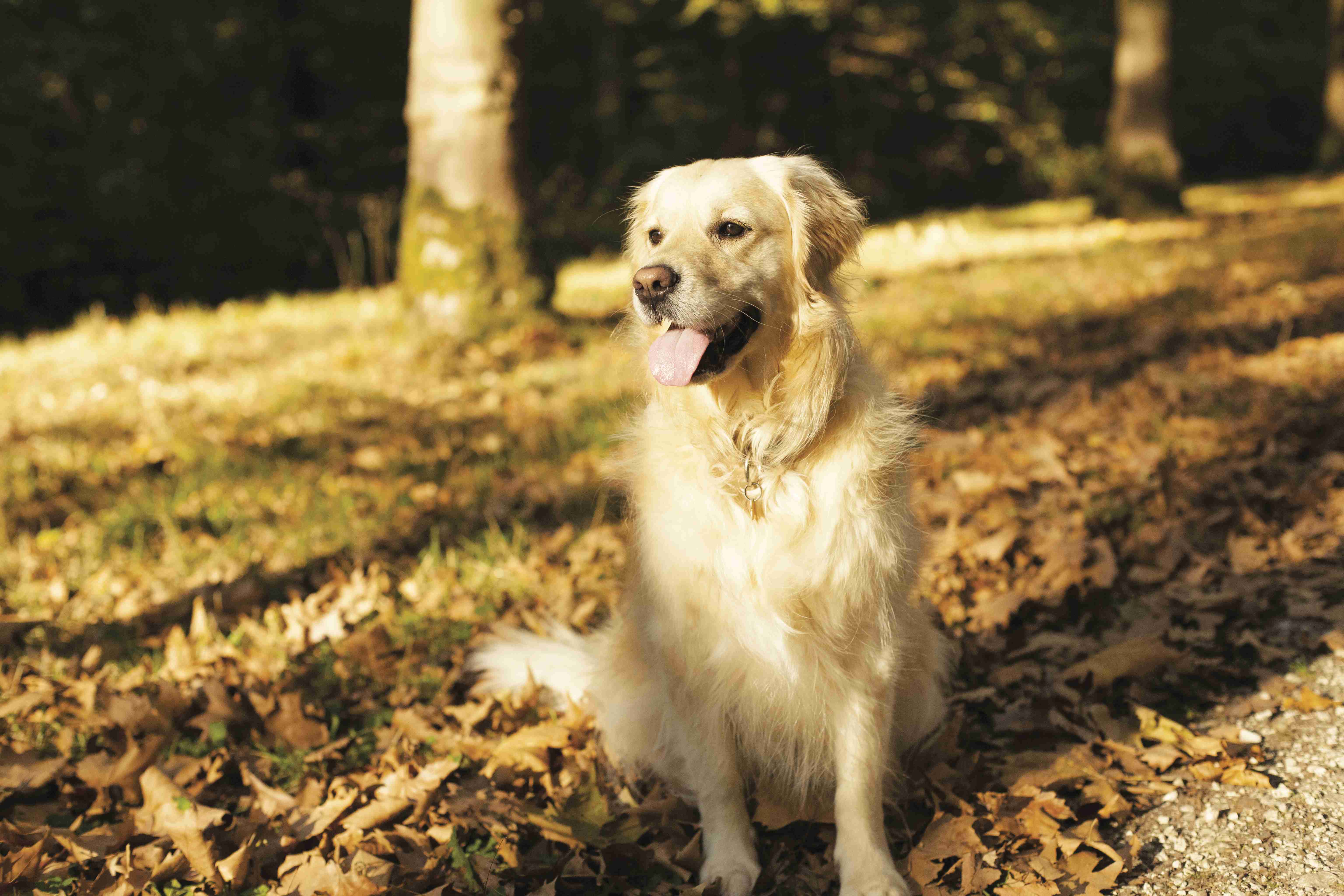Bernese Mountain Dogs are a beloved breed known for their gentle nature and loyal companionship. However, like all breeds, they are prone to certain health issues. As a responsible pet owner, it’s important to understand these genetic health issues in order to provide the best care for your furry friend. In this blog post, we’ll explore the most common genetic health issues that Bernese Mountain Dogs are prone to, and how to detect and manage these issues to ensure a long and happy life for your furry companion. So, let’s dive in and unlock the health secrets of Bernese Mountain Dogs.
Bernese Mountain Dogs are a beloved breed that is known for their loving and loyal nature. These dogs are often used as family pets, therapy dogs, and even as search and rescue dogs. However, like all breeds, they are prone to certain genetic health issues that owners should be aware of. In this blog post, we will delve into the health secrets of Bernese Mountain Dogs and explore the genetic health issues that they are prone to.
Hip Dysplasia
One of the most common health issues that Bernese Mountain Dogs face is hip dysplasia. This is a genetic condition that affects the hip joint, causing it to loosen and become unstable. Over time, this can progress to arthritis, causing pain and discomfort for the dog. Hip dysplasia is more common in larger dog breeds, including Bernese Mountain Dogs. To reduce the risk of hip dysplasia, it is important to purchase a puppy from a reputable breeder who screens their dogs for this condition.
Elbow Dysplasia
Another genetic health issue that Bernese Mountain Dogs are prone to is elbow dysplasia. This is similar to hip dysplasia, but affects the elbow joint instead of the hip joint. Elbow dysplasia can cause pain and discomfort for the dog, and can also lead to arthritis. As with hip dysplasia, it is important to purchase a puppy from a reputable breeder who screens their dogs for this condition.
.png)
Cancer
Unfortunately, Bernese Mountain Dogs are also prone to certain types of cancer. The most common type of cancer that affects this breed is called histiocytic sarcoma, which is a cancer of the immune system. This type of cancer is aggressive and can be difficult to treat. Other types of cancer that Bernese Mountain Dogs are prone to include lymphoma, osteosarcoma, and hemangiosarcoma. Early detection and prompt treatment are key to improving the prognosis for dogs with cancer.
Gastric Torsion
Bernese Mountain Dogs are also prone to a condition called gastric torsion, or bloat. This is a life-threatening condition where the dog’s stomach fills with gas and twists, cutting off blood flow to the stomach and surrounding organs. This can cause shock and even death if left untreated. To reduce the risk of gastric torsion, it is important to feed your Bernese Mountain Dog smaller meals throughout the day, rather than one large meal. It is also important to avoid vigorous exercise immediately after meals.
Conclusion
Overall, Bernese Mountain Dogs are prone to several genetic health issues that owners should be aware of. These include hip dysplasia, elbow dysplasia, cancer, and gastric torsion. To reduce the risk of these conditions, it is important to purchase a puppy from a reputable breeder who screens their dogs for these conditions. It is also important to provide your dog with proper nutrition, exercise, and regular veterinary check-ups to ensure they remain healthy and happy. By understanding the genetic health issues that Bernese Mountain Dogs are prone to, you can be better equipped to provide your furry friend with the best care possible.
In conclusion, Bernese Mountain Dogs are prone to a number of genetic health issues that can be quite serious and require ongoing care. The good news is that many of these conditions can be identified early on, which gives owners the best possible chance to manage them effectively. By staying informed about the potential health issues that may affect your Bernese Mountain Dog and working closely with your vet, you can ensure that your furry friend stays healthy and happy for many years to come. Remember, prevention is always better than cure, so be sure to take proactive steps to keep your beloved pet healthy and thriving.


.png)
.jpg)
%20-%20Copy.png)
.jpg)

.jpg)
